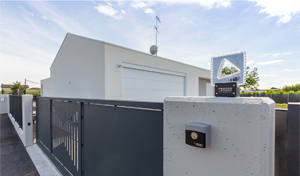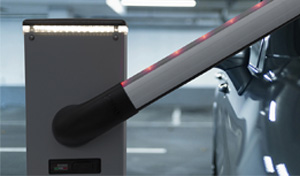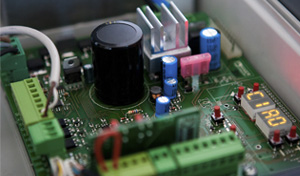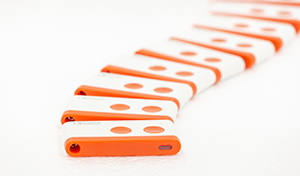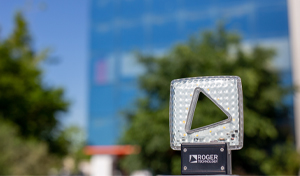Neodinium magnet
A magnet is an element capable of generating a magnetic field. This makes it capable of attracting other ferrous elements.
Despite this well-known ability, a magnet can be of various nature and origin.
Let's think of an electromagnet for example. It acquires the ability to attract ferrous elements only when a current flow feeds it, but as soon as the flow is interrupted, the electromagnet will lose its attractive capacity.
Unlike the electromagnet, there are what are called permanent magnets. Which regardless of their state, they retain their magnetic capacity over time.
In brushless motors, permanent magnets are used inside the rotor. Roger Technology, in fact, uses permanent magnets in its solutions. However, among all permanent magnets, Roger Technology uses special rare earth magnets that are obtained by using rare earths and ferrous alloys, thus creating highly performing magnets

Specifically, the magnets used by us are neodymium and iron-boron magnets. This type of magnet is also called "Super magnet".
It owes its nickname to its extreme concentration of magnetic field per cm2 which makes it very attractive despite its small size.
Roger Technology is always seeking to create products of excellent quality thus it came naturally to use these super magnets to produce its brushless motors. In fact, their high magnetic field density favours the strength and efficiency of an automation, fully exploiting the potential of the automation itself
All these features reinforce the green position of Roger Technology, given the characteristics of the brushless motor itself and the high magnetic field density which allow to design brushless motor with a third the size of a motor with the same performance but at 220V. In addition, the high efficiency allows a minimum consumption of electricity to operate an automation.
Last but not least, super magnets have an estimated magnetic lifespan of around 400 years. Guaranteeing their efficiency and reliability over time. Features that reflect Roger Technology spirit.

 Drukuj strona |



 English
English Nederland
Nederland Italiano
Italiano Français
Français Deutsch
Deutsch Belgium
Belgium Português
Português Español
Español